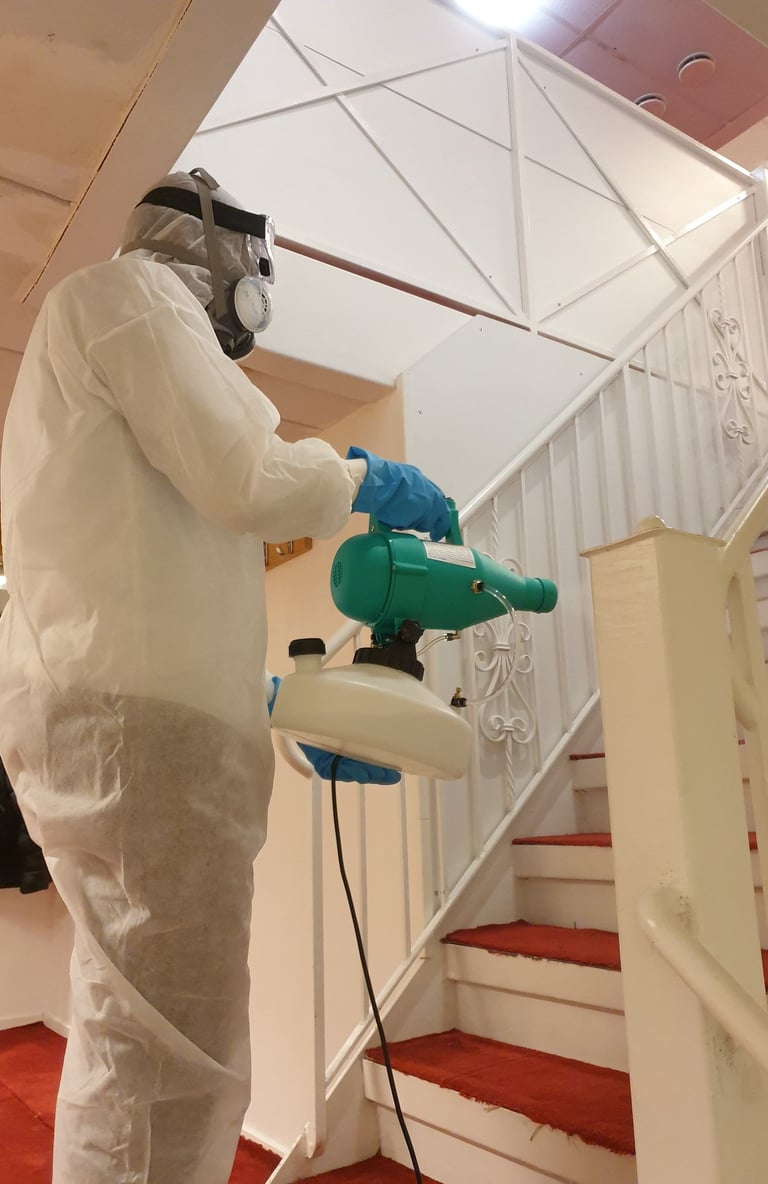Key Activities
1. Identification of Human Remains.
Using DNA profiling, dental records, radiographic imaging, and anthropological analysis, SAFR helps identify victims of war, detention, and forced disappearance. This includes exhumation work, chain-of-custody documentation, and data matching with family reference samples.
2. Mobile and Fixed Forensic Labs
SAFR supports the establishment of PCR and DNA analysis labs in conflict zones and underserved areas. These facilities allow for rapid identification and reduce dependency on foreign institutions.
3. Training and Capacity Building
SAFR offers certified training programs for students, medical professionals, and law enforcement personnel in:
Forensic pathology
DNA extraction and analysis
Disaster victim identification
Ethical practices in humanitarian forensics
Partner universities include Damascus University (Syria), Swedish University (Uppsala), and others across the region.
4. Awareness and Outreach
Through lectures, webinars, exhibitions, and publications, SAFR raises awareness about the rights of families of missing persons and best practices in forensic identification. It also hosts virtual events via Zoom and other platforms to reach wider audiences.
5. International Collaboration
We in SAFR always aspire to learn from international organizations such as:
International Committee of the Red Cross (ICRC)
International Commission on Missing Persons (ICMP)
European Network of Forensic Science Institutes (ENFSI)
Forensic Science Society (UK)
Uppsala university
These partnerships enhance technical capabilities and ensure alignment with global standards.
6. Psychological and Legal Support
Beyond identification, SAFR provides counseling services and assists families in navigating legal processes related to burial rights, inheritance, and transitional justice.
Countries of Operation
SAFRworks across the Arab world, adapting its activities to the unique challenges of each context:
Syria : On-the-ground identification missions, mobile lab deployment, and training of local forensic teams.
Iraq : Supporting government-led identification efforts and collaborating with international experts.
Yemen : Remote consultations and virtual training due to ongoing insecurity.
Libya : Field missions, academic lectures, and lab setup in cooperation with local universities.
Morocco : Hosting regional training programs and serving as a logistical base for North Africa.
Lebanon : Addressing cases from past conflicts and assisting refugee-related deaths.
Palestine : Supporting identification of victims of military operations and detention-related disappearances.
Sudan : Providing advisory support amid political instability and intercommunal violence.
Many international organizations have played a foundational role in SAFR’s origins and have hosted key academic and training events.
Leadership and Expertise
SAFR was founded by a coalition of volunteer experts who contribute their time and skills pro bono. These individuals are leaders in:
Forensic pathology
Molecular biology
Dental identification
Anthropology
Forensic entomology
Medical genetics
Humanitarian coordination
Most of the founding members are senior academics or practitioners affiliated with universities and medical institutions across the Arab world and Europe.
The foundation is governed by a Board of Directors , supported by Technical Committees and an Advisory Council comprising leading figures in forensic sciences, human rights, and humanitarian law.




